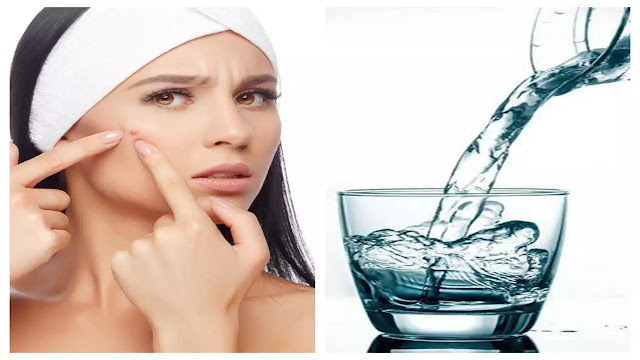Hydration affect acne prevention
#How Hydration Affects Acne Prevention#
While genetics, hormones, and diet are all believed to contribute to the development of acne, one often overlooked factor is hydration. Water, being the primary component of our bodies, plays a key role in maintaining healthy skin. Hydration can affect acne in a number of ways, from improving skin texture to controlling oil production, both of which are important in preventing breakouts. This article explains how adequate hydration can affect acne prevention and overall skin health.
The skin, as the body's largest organ, acts as a barrier that protects internal tissues from environmental stressors such as bacteria, pollutants, and harsh weather.Healthy, well-hydrated skin is more resilient, can heal itself more efficiently, and maintains an optimal balance of moisture and oil. When skin is dehydrated, it can be more vulnerable to irritation, dryness, and inflammation, all of which can contribute to the development of acne.One of the main causes of acne is excess sebum (skin oil) production, which can clog pores and lead to the growth of acne-causing bacteria. Interestingly, dehydration can trigger the sebaceous glands to produce more oil in an attempt to compensate for the lack of moisture. This overproduction of oil can lead to clogged pores, which in turn can create a favorable environment for acne development.
When the body is adequately hydrated, it can maintain a healthy balance between oil production and moisture. The skin is less likely to produce excessive sebum, which helps prevent clogged pores and acne formation. In short, staying hydrated can help control the oil levels in your skin, reducing the likelihood of acne breakouts.
#Water's Role in Detoxification#
Another important aspect of hydration in acne prevention is its role in detoxifying the body. The kidneys, which are responsible for filtering waste from the blood, depend on adequate water intake to function efficiently. When the body is dehydrated, waste products, toxins, and excess hormones such as androgens (which stimulate the sebaceous glands) can accumulate in the bloodstream, causing skin problems, including acne.Drinking enough water helps flush these toxins from the body through urination and sweating, potentially reducing the inflammatory response that can trigger acne. Well-hydrated skin is more likely to stay clear and healthy, as it is better equipped to eliminate waste and maintain balance.
When skin is dehydrated, it may be more prone to irritation, which can exacerbate acne. Dehydration can slow the healing process of existing acne lesions, leading to prolonged redness and inflammation. Conversely, when skin is hydrated, it can better deal with environmental stress and inflammation. Cells in the skin are more efficient at repairing damage and restoring a healthy skin barrier.
In addition, adequate hydration promotes the circulation of nutrients essential for skin health, such as vitamins and antioxidants. These nutrients help reduce oxidative stress, which is a contributing factor to skin aging and acne development. With proper hydration, the skin can better protect itself from the harmful factors that trigger breakouts.
#Hydration and Inflammation#


One of the most significant consequences of acne is inflammation, which often manifests as redness, swelling, and discomfort. Dehydrated skin is more likely to become inflamed when exposed to external triggers like harsh weather, chemicals in skincare products, or even the acne lesions themselves.
Hydrated skin is more resilient, and the body’s inflammatory response is less likely to become overstimulated. Therefore, staying well-hydrated can help reduce the severity of acne-related inflammation and speed up the recovery process.A key indicator of healthy skin is its texture. Dehydrated skin often appears dull, rough, and flaky, which can lead to acne scars and pimples.
click here more site>>>>>>>>Enjoy in gurugram

.jpg)


Comments
Post a Comment